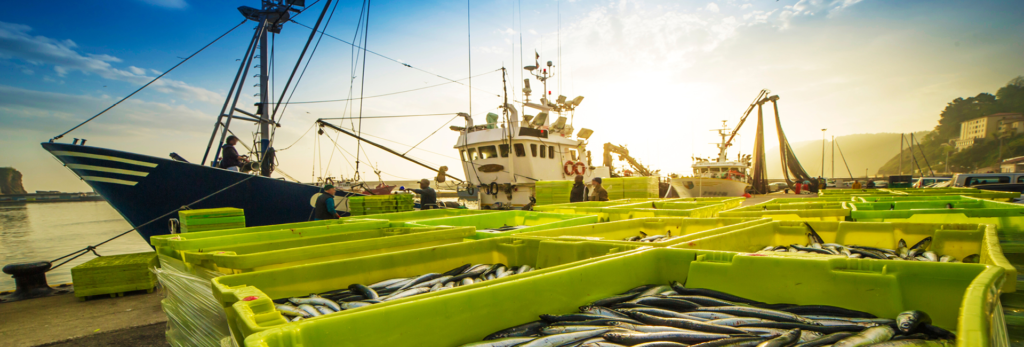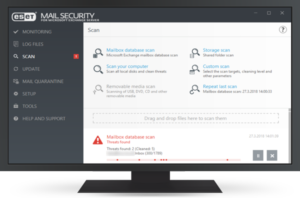Top Tips To Protect Your Ship From Pirates In The Sea

Piracy remains a significant threat in certain maritime regions, posing a risk to ships and their crews. For shipowners and operators, ensuring the safety and security of their vessels is of utmost importance. Implementing effective anti-piracy measures can significantly reduce the risk of pirate attacks and protect both the crew and cargo. In this article, we present top tips from reliable anti piracy services to safeguard your ship from pirates while navigating the high seas.
1. Stay informed about high-risk areas:
Knowledge is your first line of defense. Stay updated with the latest piracy reports and warnings issued by international maritime organizations. These reports highlight high-risk areas and recent piracy incidents, allowing you to plan your route and take precautionary measures accordingly.
2. Employ armed security teams:
Hiring professional armed security teams can be a deterrent to potential pirates. This highly trained personnel can respond quickly to any security threats and provide an additional layer of protection for the ship and its crew. Ensure that the security teams comply with international laws and regulations for the use of firearms in maritime security.
3. Implement physical barriers:
Physical barriers can impede pirates from boarding the ship. Install sturdy fencing, barbed wire, or anti-climb measures around vulnerable access points such as the ship’s deck, bridge, and accommodation areas. Additionally, consider installing water hoses or water cannons to deter pirates attempting to board.
4. Conduct regular drills and training:
Train the crew on piracy response procedures and conduct regular drills to ensure everyone knows their roles in the event of an attack. These drills should cover communication protocols, emergency response, and the activation of security measures.
5. Maintain a safe distance from suspicious vessels:
Maintain a safe distance from suspicious vessels and approach anchorages and ports with caution. Pirates often use small boats to approach ships unnoticed, so keeping a watchful eye and adhering to security protocols can minimize the risk of surprise attacks.
6. Deploy non-lethal deterrents:
In addition to armed security, non-lethal deterrents can prove effective. These include high-powered searchlights, sonic devices, and acoustic-hailing devices. These non-lethal tools can disorient and deter pirates, giving the crew more time to respond to the threat.




